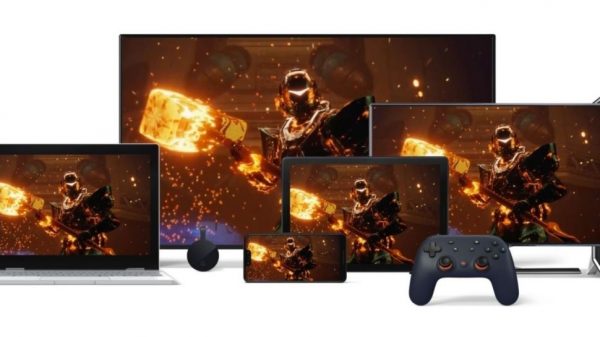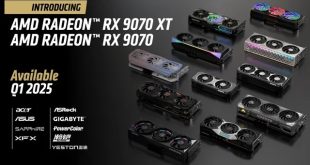Last year shortly before Google announced plans to shut down Stadia, we learned that the company had been approaching publishers in an effort to license out Stadia's streaming tech as part of a pivot away from direct-to-consumer game sales. Stadia has now shut down for good and it seems those platform licensing plans died along with it.
Google Stadia officially shut down earlier this year and while we thought Google planned to pivot to licensing Stadia tech to third-party publishers, it looks like that is no longer the case. In a recent report, Axios reporter, Stephen Totilo, confirmed that Google has abandoned this business as well.
Stadia's tech won't go completely to waste, as some of it will now be used for Google Cloud services instead, but gaming does not appear to be part of the equation anymore. Google began to get cold feet in the gaming market shortly after Microsoft acquired Zenimax and Bethesda for $7.5 billion. Despite being one of the biggest tech giants on the planet, the level of investment required to compete against established companies in the gaming market was too much for Google executives to stomach.
Stadia officially closed down in January 2023. At this point, Google has refunded all Stadia software and hardware sales, with the exception of the Stadia Pro subscription. Subscribers were not refunded for their subscription time.
Discuss on our Facebook page, HERE.
KitGuru Says: Google Stadia had promise but it launched with heavily limited availability and many announced features never came to fruition. Now, it looks like Google is done with gaming for good.
 KitGuru KitGuru.net – Tech News | Hardware News | Hardware Reviews | IOS | Mobile | Gaming | Graphics Cards
KitGuru KitGuru.net – Tech News | Hardware News | Hardware Reviews | IOS | Mobile | Gaming | Graphics Cards


